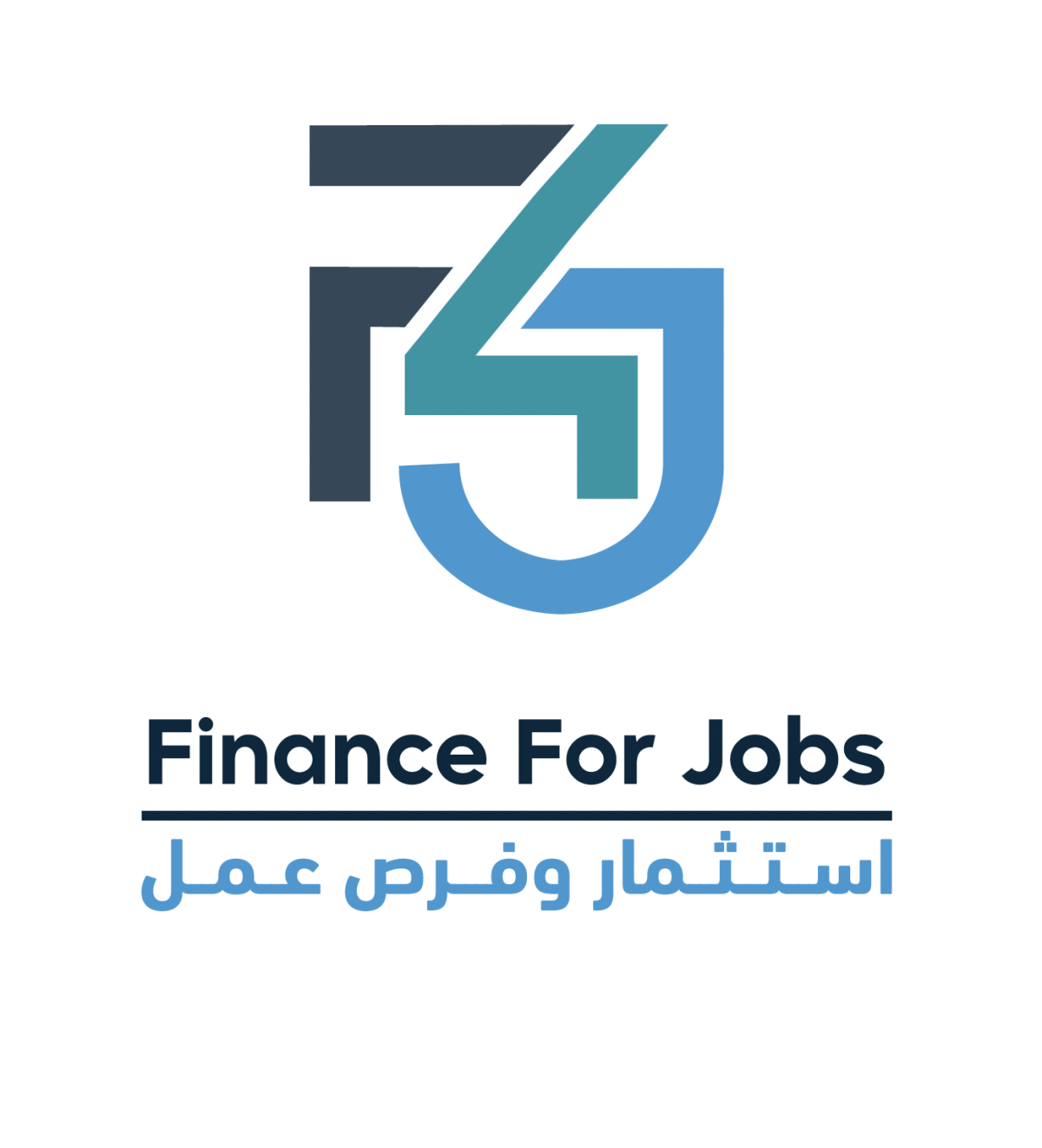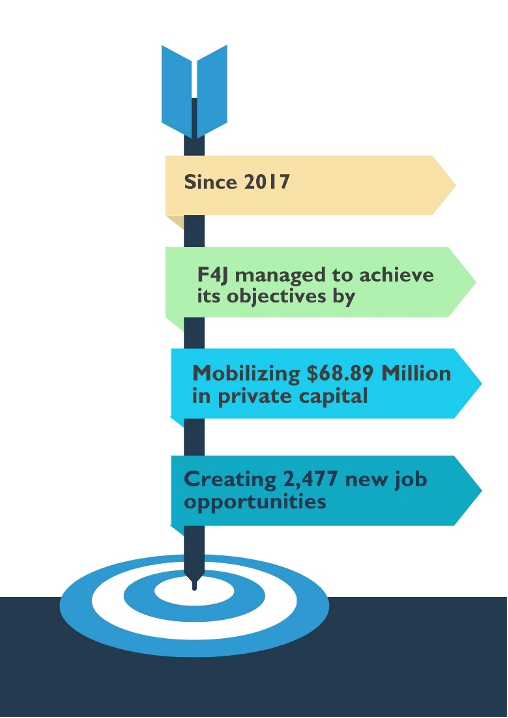About Us

Finance For Jobs (F4J): Investment in the Economy and Human Capital
F4J is a project for the benefit of the Ministry of Planning and International Cooperation (MOPIC) funded by the World Bank and implemented by the DAI. The project is a public finance mechanism aiming to bolster the Palestinian economy by incentivizing private capital mobilization and job creation in the West Bank and Gaza.
F4J’s Objectives
- Stimulate private capital mobilization by fostering private sector investments.
- Job creation opportunities in the West Bank and Gaza.
F4J’s Financing Instruments
The project adopts two innovative financing instruments to encourage new investments and qualify youth graduates to enter the labor market: Investment Co-Financing Facility (ICF) and Development Impact Bond (DIB).
F4J’s Target Groups:
- Private sector new investments that cannot proceed without public finance support, due to market and institutional failures, in the fields of industry, agriculture, food processing, clean energy, tourism, and high-value-added businesses.
- Palestinian unemployed graduates, particularly youth, of whom 30 percent are women.
Background: Finance for Jobs is a series of projects over 11 years with a budget of $44.5 million, for the benefit of the Ministry of Planning and International Cooperation (MoPIC) funded by the World Bank and implemented by DAI. The overarching project development objective (PDO) is “to mobilize private capital investment in high-potential sectors and generate job opportunities in the West Bank.” Since its implementation, F4J has created 2,677 jobs and mobilized more than $77million in private capital.
Components and Key Results:
Component 1: Development Impact Bond (DIB) for Skills Development for Employment: Driven by the market, the DIB focuses on enhancing the skills of the Palestinian workforce to make them attractive to employers. The DIB targets approximately 1,240 beneficiaries aged 18–29 years, of whom at least 30 percent are women. Based on private sector demand, the DIB financed specific outputs and outcomes, including completion of beneficiaries’ training, placement into apprenticeships/internships/work-based training schemes, and employment. Job types: Nurses, Doctors, Teachers, Carpenters, Business and Marketing, Technicians, Health and Safety, ICT.
Component 2: Investment Co-Financing Facility (ICF): The ICF component provides risk-sharing grants for commercially sound, job-creating private sector investments (ICF subprojects). Under this component, Palestinian companies are encouraged to submit investment proposals for ICF support. So far, 19 ICF grants have been committed/disbursed and fully/partially implemented for ICF subprojects identified through calls for proposals.
Graph#1:







